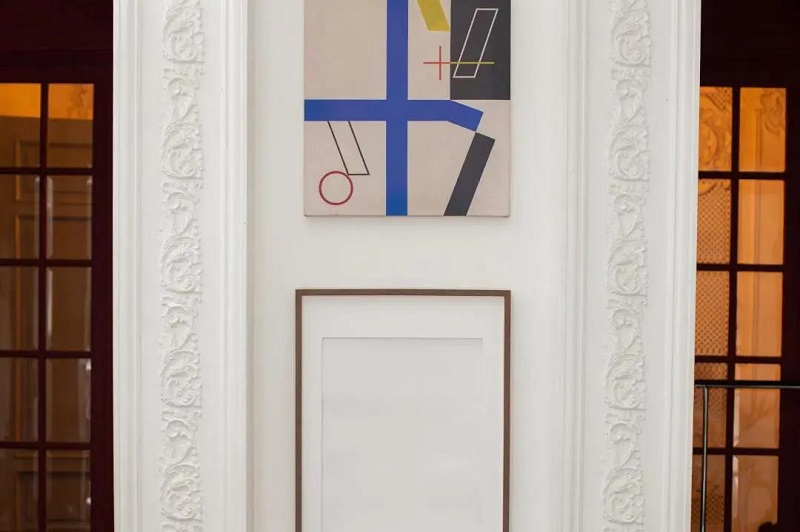每场雅思考试之后,苏州新航道雅思小编第·一时间分享本场考试雅思A类大作文的范文权威解析。欢迎每周锁定。
Many museums and historical sites are mainly visited by tourists, not local people. Why is this case? What can be done to attract local people?
It is a commonplace that the majority of museum-goers or historical site visitors are tourists rather than locals. Behind such phenomenon are two predominant motivators, and hopefully some feasible approaches can be adopted.
【解析】
15年真题重现,说明文,写原因和解决办法。开头不必详细说具体理由,点到为止即可。
※ -goer n. <用以构成复合词> 常去…的人

To commence, tourists’ preference can partly be ascribed to human nature – seeking novelties. To illustrate, one of their major purposes of travelling is to have a glimpse into the novel historical and cultural customs, and visiting museums and historical attractions offers easier access to witnessing history. Not surprisingly, those sites are usually put on tourists’ agenda. By stark contrast, it is because the local, from their perspective, have known too much about the culture that they are less likely to gravitate to local museums and historical spots. Another reason is the surging living pressure. In order to stand out, locals have to work non-stop, even burning the midnight oil. Therefore, in their spare time, they may desire a sound rest instead of crowding in the local museums or tourist sites.
【解析】
原因既要分析“为什么不吸引本地人”,也要分析“为什么吸引外地游客”,可对比论证
※ be ascribed to 归因于
※ novelty n. [C] 新奇的事物
※ have a glimpse into 领略
※ novel adj. 新颖的,新奇的
※ gravitate to vi. 被…所吸引

To attract more locals, two schemes can be put on the agenda. The first imperative is that local museums and historical sites can hold exhibitions and competitions with different themes on a regular basis. For instance, on Lantern Festival, those historical spots can set lantern riddles based on relevant information displayed in the sites and call on locals to be involved. Immersed in such attractive activity, the local are largely likely to be captivated by their traditions again. Additionally, local educational institutions and businesses can organise young generations to visit museums and historical sites, during which they can relieve the pressure and meanwhile enhance the cultural identity.
【解析】
解决办法与原因可一一对应:博物馆或历史景点定期举办不同主题的展会或比赛来吸引当地人;学校或公司定期组织参观活动。
※ imperative adj. 迫切的
※ captivate vt. 吸引
In a nutshell, since possible factors and workable remedies have been clarified, this thorny issue can be promisingly addressed through joint efforts from several parties.
【解析】
一句话总结:各方通力合作,问题就能被解决。
※ remedy n. 纠正方法
※ thorny adj. 棘手的